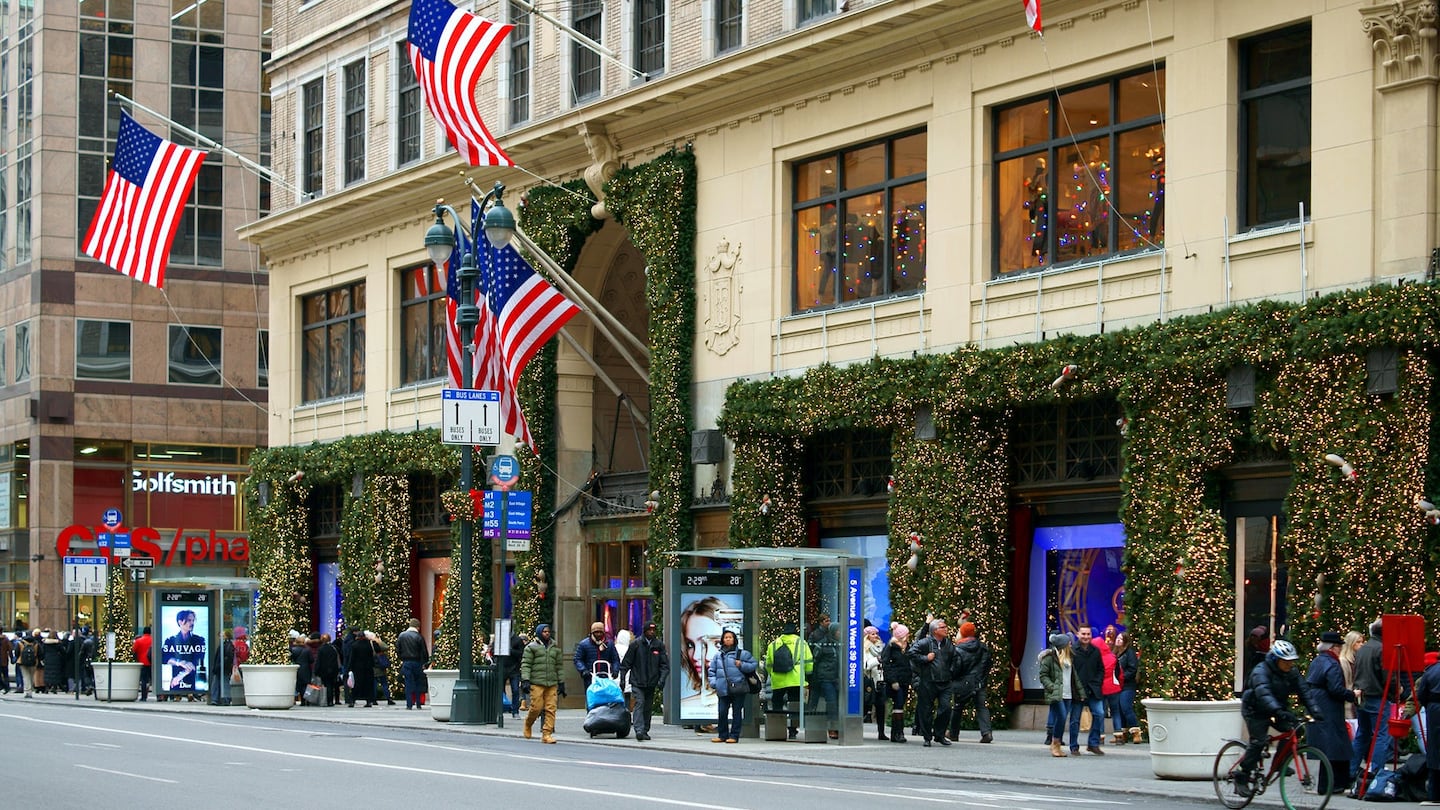
The Business of Fashion
Agenda-setting intelligence, analysis and advice for the global fashion community.

Agenda-setting intelligence, analysis and advice for the global fashion community.

NEW YORK, United States — Lord & Taylor, known for its upscale fashions and extravagant holiday window displays, sought bankruptcy protection from creditors after a turnaround effort faltered amid the coronavirus pandemic. The oldest US department store filed for Chapter 11 protection in Richmond, Virginia, on Sunday and will submit a reorganization plan with the court. The company, founded in Manhattan by two English immigrants in 1826, said it had about $137.9 million of debt obligations.
Lord & Taylor's owner, fashion start-up Le Tote Inc., filed for Chapter 11 along with the retail chain. Le Tote bought the rights to the company's stores, brand and e-commerce site from Fifth Avenue owner Hudson's Bay Co. for $71 million last year. The company, with 38 stores and 651 employees as of the filing, joins a burgeoning list of department-store casualties tied to the virus, which turned malls into ghost towns. Former fashion stalwarts like J. Crew Group Inc. and Neiman Marcus Inc. already filed for bankruptcy protection this year.
Lord & Taylor closed all of its stores temporarily in March as governors ordered residents to shelter in place to combat the spreading virus. San Francisco-based Le Tote offers fashion-apparel rentals. Executives at the company have planned to cut the number of Lord & Taylor stores and target younger women with luxury try-on studios, beauty subscriptions and rental drop-off points. Under the deal with Hudson’s Bay, the seller agreed to cover Lord & Taylor’s rent for three years, saving Le Tote $58 million annually. Le Tote said in a court filing Sunday that its companies reported revenue of about $253.5 million in 2019.
The case is Le Tote Inc., 20-33332, U.S. Bankruptcy Court, Eastern District of Virginia (Richmond).
By Jef Feeley.
The company, under siege from Arkhouse Management Co. and Brigade Capital Management, doesn’t need the activists when it can be its own, writes Andrea Felsted.
As the German sportswear giant taps surging demand for its Samba and Gazelle sneakers, it’s also taking steps to spread its bets ahead of peak interest.
A profitable, multi-trillion dollar fashion industry populated with brands that generate minimal economic and environmental waste is within our reach, argues Lawrence Lenihan.
RFID technology has made self-checkout far more efficient than traditional scanning kiosks at retailers like Zara and Uniqlo, but the industry at large hesitates to fully embrace the innovation over concerns of theft and customer engagement.